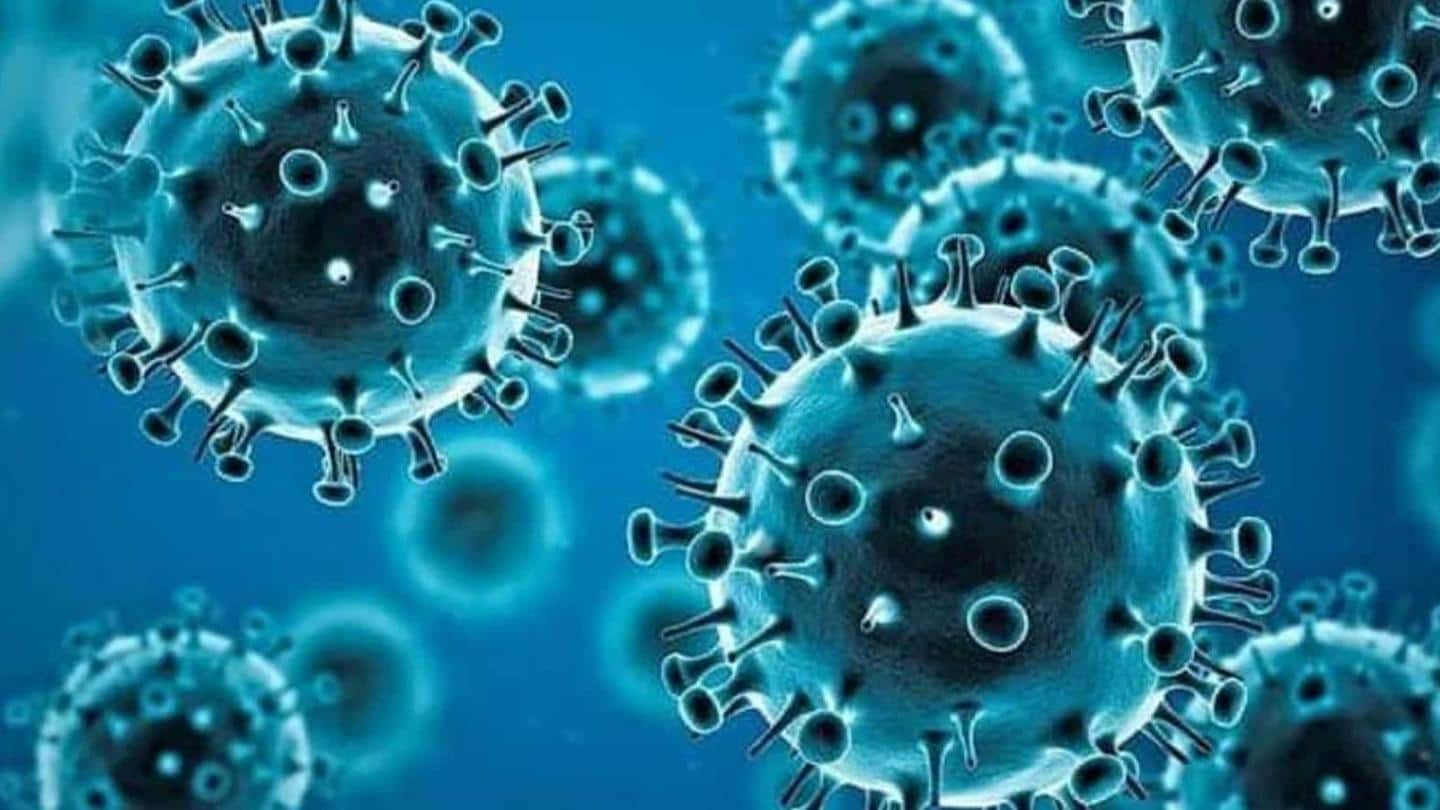
Omicron causing milder COVID-19 than Delta, South African doctors say
What's the story
Omicron variant is causing milder COVID-19 than Delta, doctors in South Africa say.
Even as the number of cases and hospitalizations has surged across the country, the symptoms seen so far are mild.
In fact, many patients have been able to manage the disease at home and no death has been linked to the new coronavirus strain yet.
Here are more details on this.
Context
Why does it matter?
The early evidence suggests the COVID-19 pandemic may be becoming endemic.
An endemic is when a disease is perpetually present in a population but its spread and severity remain limited and predictable.
However, scientists around the world continue to warn that these are early days and we will have a clearer picture after a few more weeks.
Data
25 times lesser deaths
Pieter Streicher, a research associate at the University of Johannesburg, said this may be the end of the pandemic.
In the South African province of Gauteng, cases in the current outbreak have peaked at similar levels as seen with Delta, according to his data analysis.
But related deaths are expected to be as much as 25 times lower, Streicher tweeted.
Details
What are doctors saying?
Several doctors in South Africa said most of their patients have mild illness and are being treated at home.
"Most have recovered within the 10 to 14-day isolation period," Dr. Unben Pillay told Associated Press.
The doctor highlighted that patients also include older people and those with health problems that can make them more vulnerable to severe illness.
Details
Recent data offers optimism
According to South Africa's National Institute for Communicable Diseases:
Just about 30% of patients hospitalized with COVID-19 have been seriously ill - less than half the rate as seen during the early days of previous outbreaks.
Average hospital stay this time is 2.8 days, compared to eight days before.
3% of hospitalized patients have died compared to 20% in the earlier waves.
Quote
'Virtually everything suggests Omicron is milder'
"At the moment, virtually everything points toward it being milder disease," said Willem Hanekom, the director of the Africa Health Research Institute. "It's early days, and we need to get the final data. Often hospitalizations and deaths happen later (sic)," Hanekom added.
WHO
WHO chief also recently said so
Tedros Adhanom Ghebreyesus, the chief of World Health Organization (WHO), recently said citing initial evidence that Omicron causes milder disease.
He, however, warned that it appears to spread fast and poses a greater risk of reinfection by reducing the efficacy of vaccines.
"Given the current available data, it is likely that Omicron will outpace the Delta variant where community transmission occurs," the WHO said.